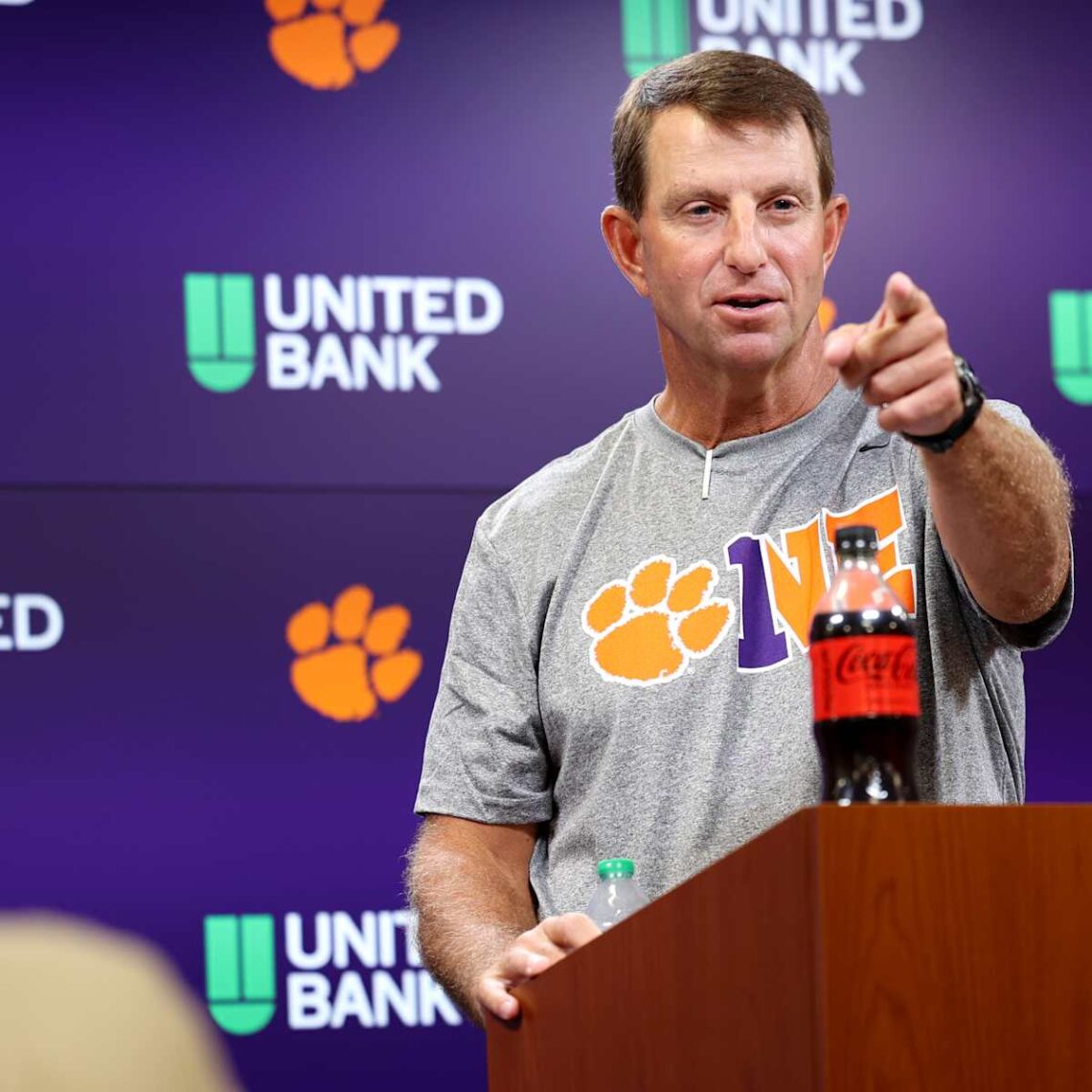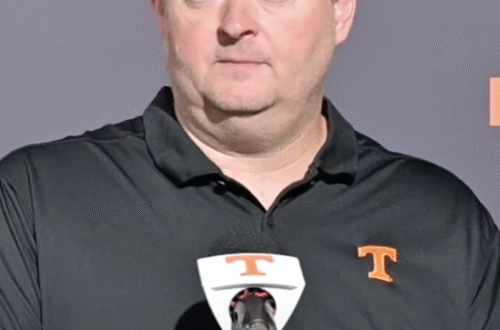Dabo Swinney’s $125 Million Turn-Down: A Symbolic Stand for Legacy over Money
In an era defined by mounting financial incentives, spiraling coaching salaries, and the commercialization of college athletics, Clemson head coach Dabo Swinney has become something of a contrarian figure. Reports that he declined—or at least turned away from negotiating—a $125 million offer just to stay at Clemson speak not only to his commitment to the program, but to a deeper philosophy about identity, loyalty, and what coaching means in modern college football.
This article explores what that decision (if fully accurate in all its contours) suggests about Swinney, his priorities, and the broader tensions in big-time college athletics today.
Context: Coaching Salaries & the Arms Race
To appreciate the magnitude of Swinney’s alleged decision, one has to understand the financial stakes in major college football.
The top-tier coaches in Power Five conferences often command annual pay in the $8–15 million range, plus incentives, bonuses, and perks.
Many institutions bid aggressively to lure established names, especially those who have won championships or built massive brands.
The pressure is constant: each season lost ground might cost recruiting momentum, media attention, and donor support.
Given that backdrop, a $125 million offer is hardly unimaginable—but also far from a trivial opportunity. Turning away that kind of money or refusing to use it as leverage is a noteworthy act.
What the Reports Say
While I found no definitive confirmation that Swinney explicitly said, “I reject this $125 million offer,” several reports and contract‐analysis articles suggest the following:
Swinney is locked into a 10-year extension signed in 2021, valuing about $115 million, running through 2031.
His current contract carries a $60 million buyout clause if Clemson terminates him early.
Analysts and media outlets often cite these high numbers when discussing how difficult it would be for Clemson to part ways with Swinney—even amid fan frustration.
In 2025, amid a slow start and rising criticism, Swinney has responded defiantly, challenging critics to “send me on my way” if they’re “tired of winning.”
Taken together, these pieces depict a coach who is deeply committed to Clemson, willing to accept the constraints of his own contract, and unafraid to weather criticism.
What It Says About Swinney’s Values
Assuming the reports are broadly accurate, here’s what Swinney’s stance (turning down or not pushing for huge external offers) may signal:
1. Loyalty & Ownership
Coaches of Swinney’s stature often view their programs not merely as jobs, but as legacies. Turning down or resisting massive outside offers suggests he sees Clemson not as a stepping stone, but as home—and perhaps as his greatest personal project.
2. Control & Stability Over Maximal Short-Term Gain
A huge offer from a different institution might come with caveats, uncertainties, donor pressure, or a lack of cultural fit. Staying in a known environment—where he has, in many respects, architected the program—grants him stability, institutional goodwill, and long-term control.
3. Resistance to the Escalating Commercialization of College Sports
While Swinney has embraced change in some dimensions (e.g. the Name, Image, and Likeness era), he has also voiced concerns about the “professionalization” of college athletics. That tension aligns with a coach who might balk at monetizing every possible opportunity, choosing instead a posture of principle.
4. Confidence & Self-Belief
It takes a certain self-assurance to reject the path of “bigger offer, bigger prestige.” The belief perhaps is: I built this, I can stay and lead it through ups and downs. His public remarks in 2025—defending his record, daring critics, and invoking Clemson’s past success—reflect that confidence.
Risks & Criticisms
Of course, every principled stance has risks. For Swinney:
Stagnation or burnout: Staying too long in one place can lead to diminishing returns, tactical complacency, or declining recruiting energy.
Perception of entitlement: Critics may view a refusal to “test free agency” as a sign of hubris or unwillingness to adapt.
Fan impatience: Clemson’s fan base has high expectations. If performance falls short over multiple seasons, staying put can prompt calls for change (and with a $60 million buyout, that can get messy).
Missed leverage: Negotiating with other suitors can sometimes strengthen one’s position at one’s current institution (even if just as “I have options”). By not engaging, a coach might leave value–creating leverage on the table.
Broader Implications for College Football
Swinney’s posture is not merely a personal decision; it reflects and contests larger trends:
Escalating payments: As coaches continue to command stratospheric salaries and massive buyouts, institutions become locked in. The power dynamics shift, and stability becomes an illusion.
Mission vs. Monetization: College athletics increasingly balance between “amateurism with benefits” and outright commercial enterprise. Coaches like Swinney remind us of a vision where identity, culture, and legacy matter as much as the bottom line.
Culture wars within athletics: Some coaches fully embrace every revenue stream. Others draw lines. Swinney’s decision draws a line: you can chase every dollar, or you can shape a legacy.
Conclusion: A Gambit on Identity
If Coach Dabo Swinney truly turned down—or refused to actively chase—a $125 million offer just to stay at Clemson, the move is more than financial restraint. It’s a statement: of loyalty, of control, of identity.
In the ruthless marketplace of college football, such decisions are rare. And whether Swinney’s choice leads Clemson forward or becomes a point of vulnerability depends largely on how he and the institution sustain excellence in a changing environment.





